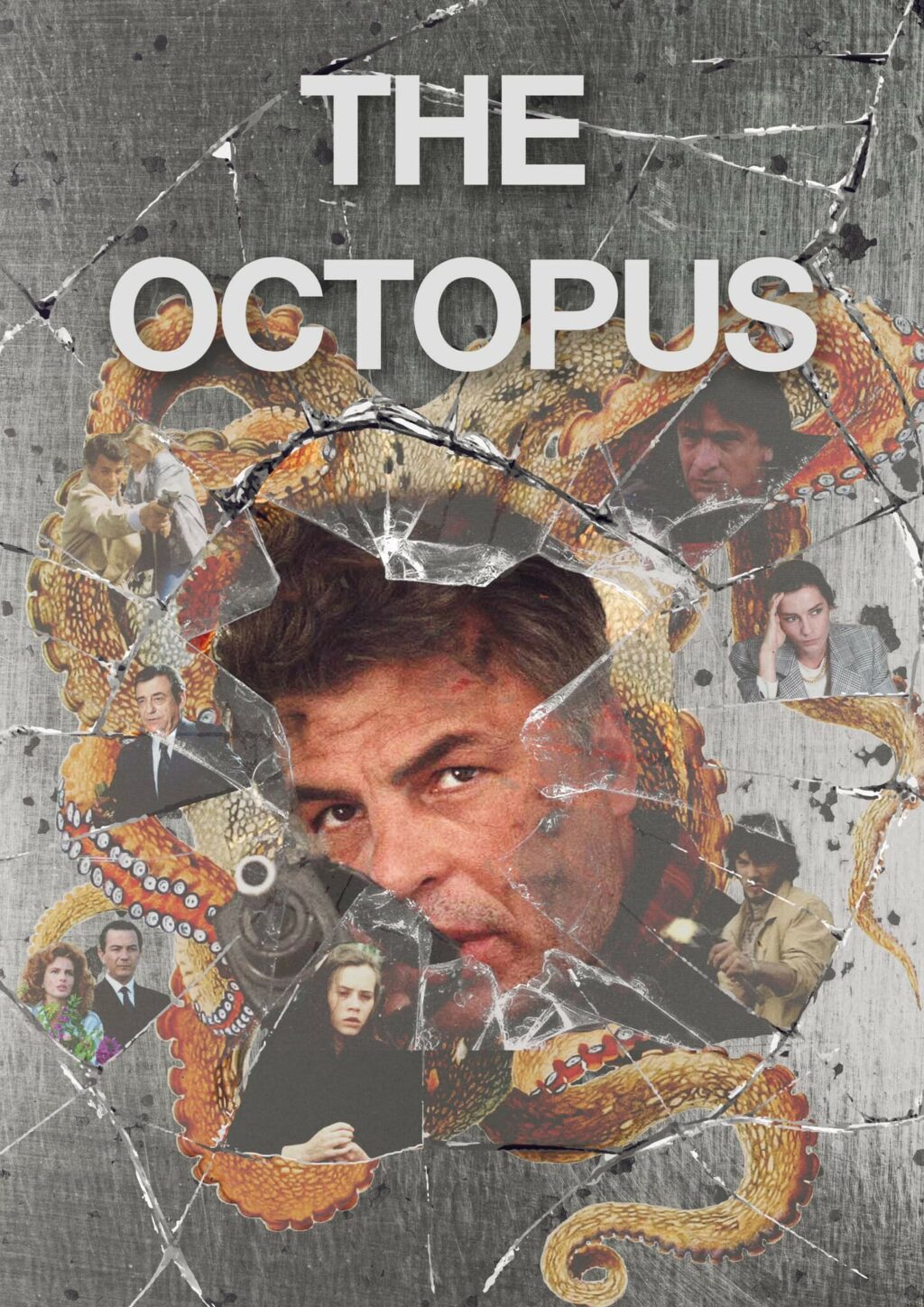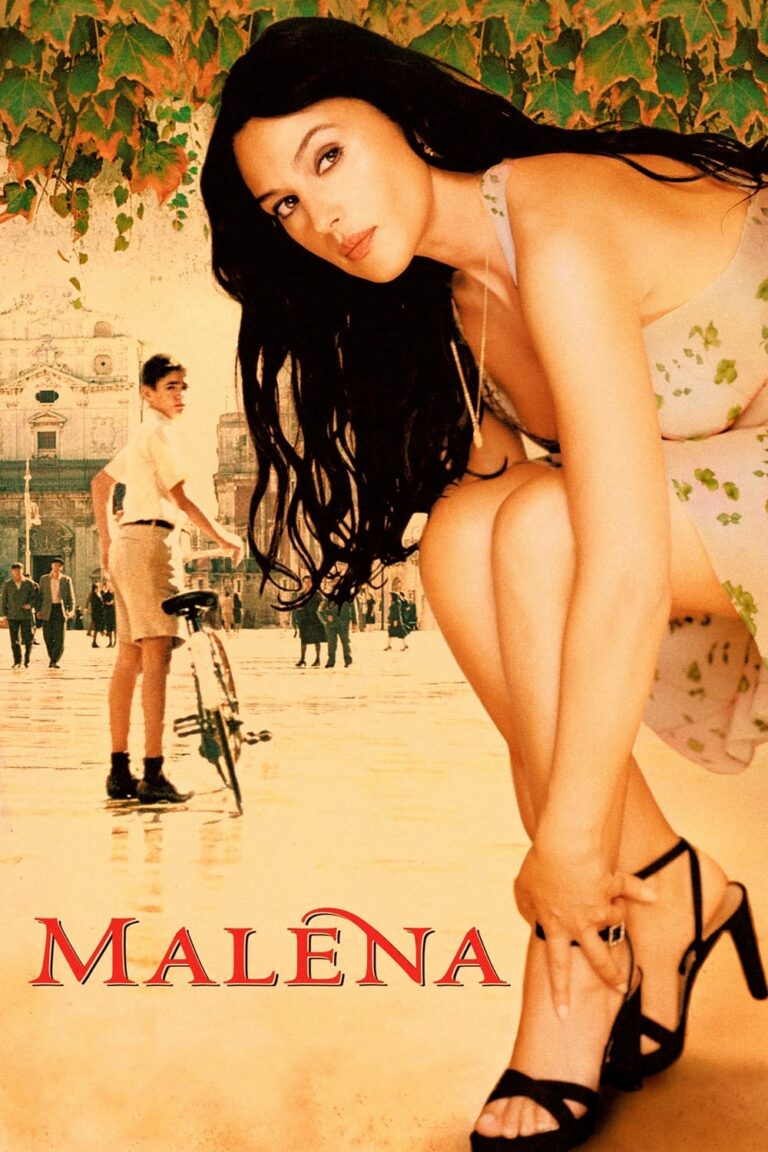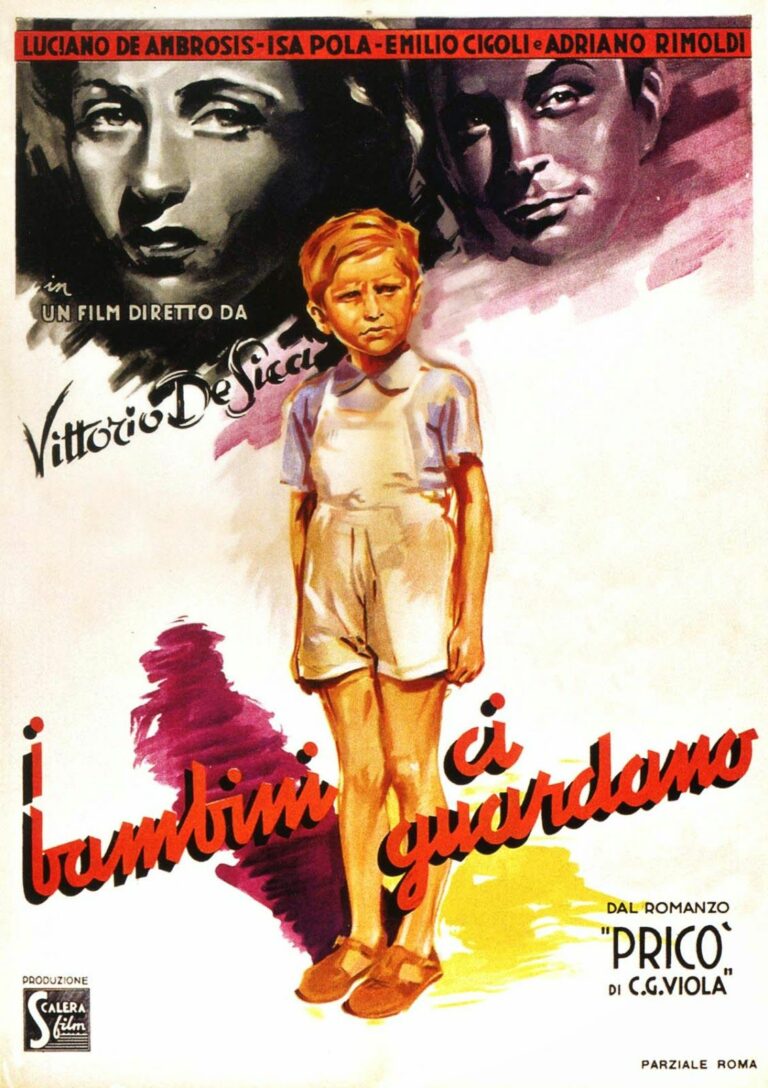
La Piovra, translated as The Octopus, is a seminal Italian television series that left an indelible mark on the crime drama genre. First aired in 1984, the series captivated audiences with its gripping portrayal of the mafia’s pervasive influence in Italy, blending intense storytelling, compelling characters, and a sobering examination of societal corruption. Spanning 10 seasons and 48 episodes, La Piovra became a cultural phenomenon, gaining acclaim both in Italy and internationally. Here, we delve into the series’ origins, themes, characters, and its lasting impact.
Background and Historical Context
The title La Piovra metaphorically refers to the mafia as an octopus, its tentacles insinuating themselves into every aspect of society. The series emerged during a period of heightened public awareness of organized crime in Italy. In the 1970s and 1980s, Italy grappled with a wave of violence, corruption, and political instability linked to mafia organizations, particularly in Sicily.
The creators of La Piovra aimed to explore the destructive influence of organized crime on individuals, families, and institutions. While fictional, the series drew heavily from real-life events and the testimonies of anti-mafia figures, offering a sobering reflection of the era.
Overview of the Series
Plot Synopsis
The narrative centers around police commissioner Corrado Cattani, played by Michele Placido, who is tasked with dismantling a powerful mafia organization. Over the seasons, Cattani’s relentless pursuit of justice leads him into a dark and dangerous world of corruption, violence, and betrayal. His fight is not only against the mafia but also against the system itself, as he discovers that even the highest levels of society are complicit.
Each season builds on the previous one, unveiling deeper layers of the mafia’s reach into politics, finance, and everyday life. While Cattani’s story concludes in the fourth season, the series shifts focus in later seasons to other characters who continue the battle against organized crime.
Major Characters
Corrado Cattani (Michele Placido)
Cattani is the heart of the series and represents the moral compass in a world riddled with corruption. He is a complex character—determined, principled, yet deeply human, grappling with personal loss and the weight of his mission. His tragic demise in Season 4 remains one of the most iconic moments in Italian television history.
Tano Cariddi (Remo Girone)
Introduced in the later seasons, Tano Cariddi is one of the most memorable antagonists in the series. A cunning and ruthless financier, Cariddi personifies the mafia’s evolution into a global economic power. His character highlights the shift from traditional organized crime to sophisticated financial operations.
Giulia Antinari (Patricia Millardet)
Giulia is a wealthy heiress whose family is embroiled in the mafia’s financial dealings. Her character embodies the moral dilemmas faced by those caught between privilege and conscience.
Others
The series is populated by a host of other memorable characters, including politicians, judges, journalists, and ordinary citizens, each reflecting a facet of society’s struggle with the mafia.
Themes and Symbolism
One of the central themes of La Piovra is the pervasiveness of corruption. The series underscores how the mafia’s influence extends beyond crime into politics, business, and law enforcement. It paints a bleak picture of systemic corruption, making the fight against organized crime seem almost insurmountable.
Another key theme is the cost of justice. Characters like Cattani and others who dare to confront the mafia often pay a heavy price, whether through personal loss, disillusionment, or death. The series examines the sacrifices required to uphold justice.
The show also explores moral ambiguity. Unlike traditional crime dramas with clear distinctions between good and evil, La Piovra blurs these lines. Many characters grapple with ethical dilemmas, reflecting the complexities of real-life struggles against corruption.
Over its 10 seasons, the series traces the mafia’s transformation from local crime syndicates to global enterprises. This evolution mirrors real-world trends in organized crime during the late 20th century, highlighting the theme of the evolution of crime.
Production and Reception
Writing and Direction
La Piovra was created by writer Ennio De Concini and directed by Damiano Damiani for the first season. Subsequent seasons saw contributions from other acclaimed directors and writers, each bringing their own style while maintaining the series’ overarching vision.
The writing was notable for its depth and realism, with meticulously crafted plots that kept viewers on edge. The dialogue was sharp and laden with subtext, reflecting the moral and psychological battles faced by the characters.
Critical Acclaim
The series was a critical and commercial success, praised for its bold storytelling and cinematic quality. It resonated deeply with audiences in Italy and abroad, airing in over 80 countries. La Piovra not only entertained but also sparked discussions about the mafia’s real-life impact, helping to raise public awareness of the issue.
Controversies
The series was not without controversy. Its unflinching portrayal of mafia violence and systemic corruption drew criticism from some quarters, particularly those who felt it cast a negative light on Italy. However, its creators defended the series as a necessary exploration of an uncomfortable truth.
Cultural Impact
La Piovra transcended the boundaries of television, becoming a cultural touchstone. Its influence can be seen in later crime dramas, both in Italy and internationally. Shows like Gomorrah and The Sopranos owe a debt to the trail blazed by La Piovra.
The series also contributed to a broader societal reckoning with the mafia. By exposing the insidious nature of organized crime, it inspired a new generation of filmmakers, journalists, and activists to confront the issue.
Legacy
Four decades after its debut, La Piovra remains a landmark in Italian television. Its exploration of the mafia’s grip on society continues to resonate, serving as both a cautionary tale and a call to action. For many, the series is more than entertainment—it is a poignant reminder of the ongoing struggle for justice and integrity.
Whether you are a fan of crime dramas or a student of history, La Piovra is a must-watch. Its compelling characters, masterful storytelling, and profound themes make it a timeless classic that continues to inspire and provoke thought.





